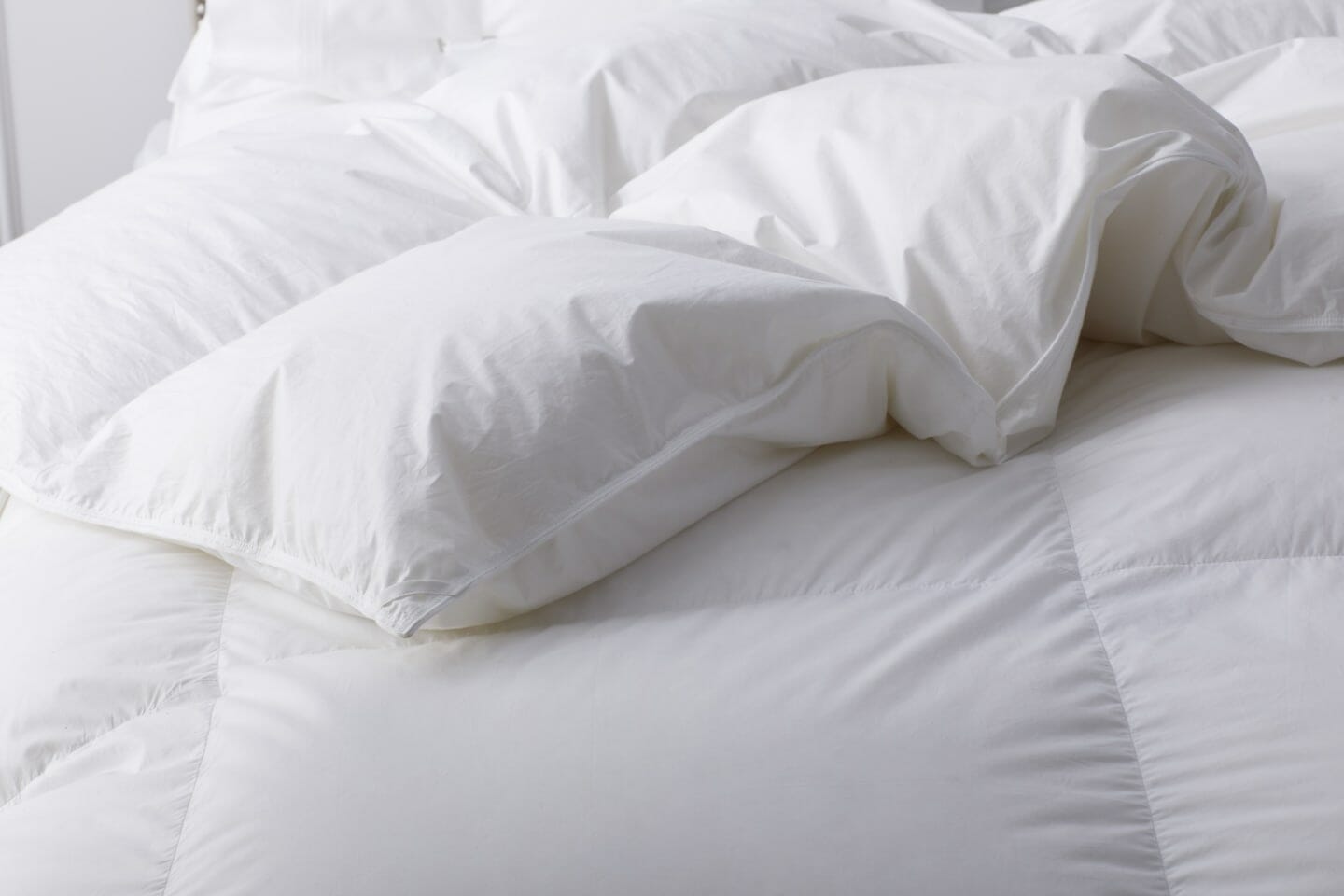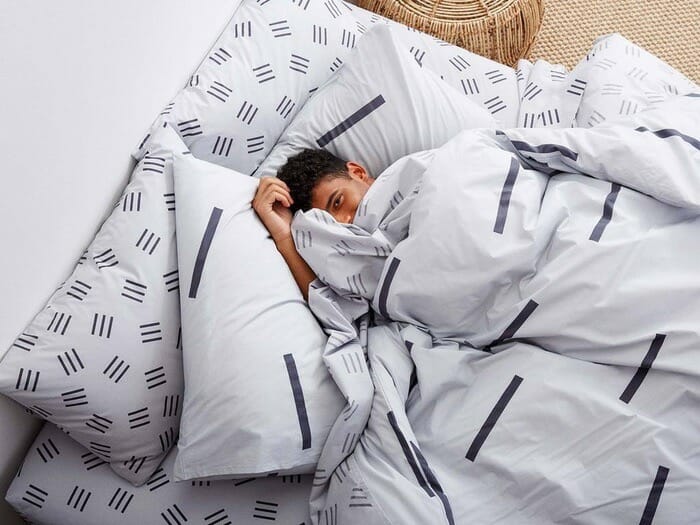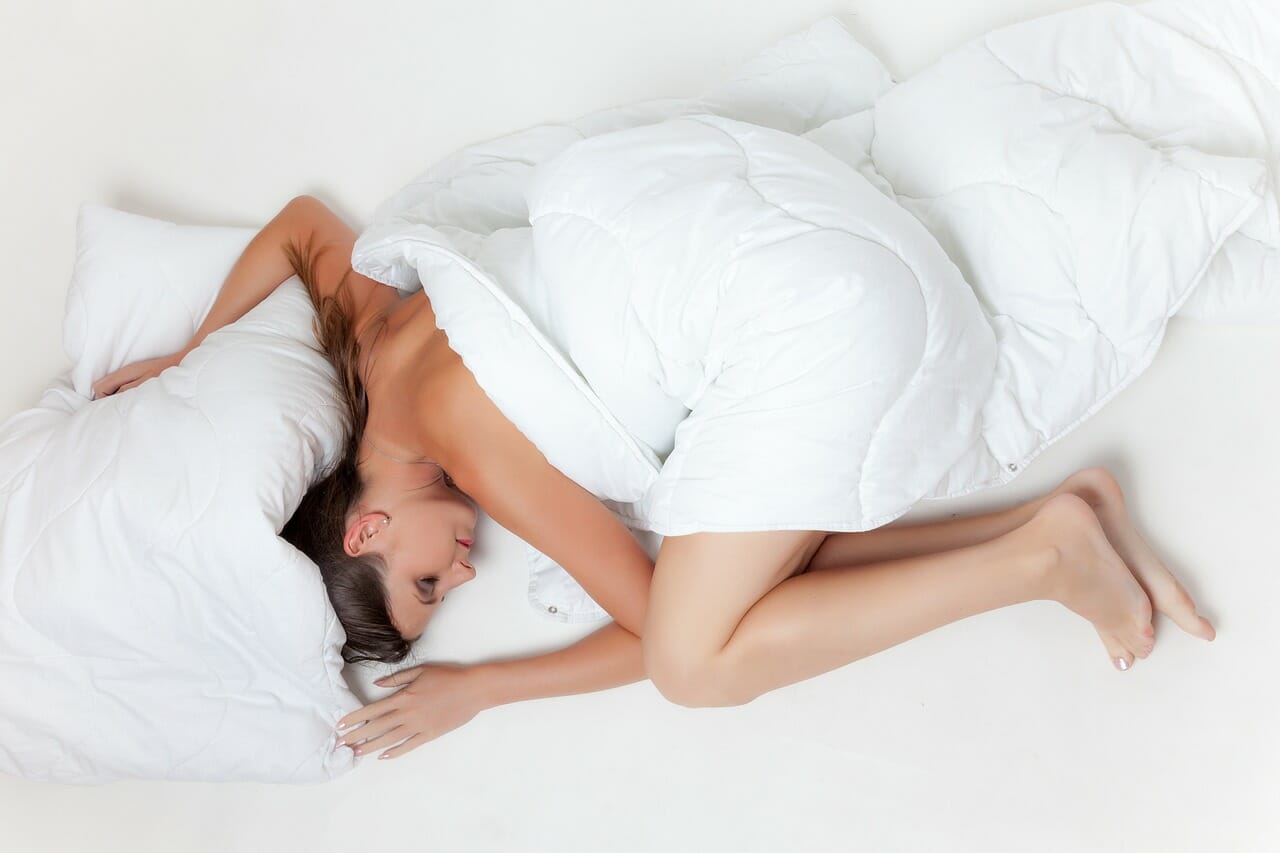Have you been searching for new bed sheets and come across Bamboo and Tencel options? These bedding materials have become quite popular in recent years due to their many unique features. While both Bamboo and Tencel sheets offer a lot of benefits, there are some differences between them that may make one more suitable for your needs. In this article, we’ll explore the differences between bamboo and Tencel sheets and help you decide which option is best for you.
Table of contents

What Are Bamboo Sheets and Tencel Sheets?
Bamboo Sheets
Bamboo sheets are made from bamboo fabric, which is derived from bamboo plants. The process of making bamboo fabric involves breaking down the raw materials of the bamboo plant using a solvent, usually sodium hydroxide, to create bamboo fibers. These fibers are then spun into threads, which are used to create bed sheets and other textiles.
Tencel Sheets
Tencel sheets are also made from natural materials. This material is derived from eucalyptus trees, and the process of creating Tencel involves the use of a solvent called N-methylmorpholine N-oxide. This solvent is used to break down the raw materials of the eucalyptus tree into cellulose, which is then spun into threads.
What is the Difference between Tencel and Bamboo?
While both Bamboo and Tencel sheets are made from natural materials, they differ in terms of the types of trees and solvents used to create them. Tencel is made from eucalyptus trees, while bamboo sheets are made from bamboo plants. Tencel also uses a different solvent, N-methylmorpholine N-oxide, to break down the raw materials, while bamboo fabric uses sodium hydroxide. Additionally, Tencel fibers are smoother and softer than bamboo fibers, giving Tencel sheets a luxurious feel.
What are the Types of Bamboo Sheets?
Bamboo Viscose Sheets
Bamboo viscose is a type of rayon that is made from bamboo plants. It is sometimes called bamboo rayon because the process of creating viscose involves the use of solvents and chemicals to break down the raw materials of the bamboo plant into fibers. These fibers are then spun into threads and used to create bed sheets and other textiles.
Bamboo Lyocell Sheets
Bamboo lyocell is another type of bamboo fabric. The process of creating lyocell sheets is different from that of viscose sheets. Instead of using solvents, the raw materials are dissolved in a closed-loop process that uses less energy and creates less waste. This type of bamboo fabric is also softer and more durable than bamboo viscose.
Bamboo Rayon Sheets
Bamboo rayon sheets are made using a process similar to bamboo viscose sheets. The raw materials of the bamboo plant are broken down using solvents to create fibers, which are then spun into threads and used to make bed sheets and other textiles. While bamboo rayon may not be as eco-friendly as bamboo lyocell, it is still a popular option for many homeowners.
What are the Benefits of Bamboo and Tencel Sheets?
Breathable and Moisture-Wicking
Bamboo and Tencel sheets are very breathable, and they’re great at wicking away moisture. This makes them a popular choice for people who tend to sweat while they sleep. Because these sheets are so breathable, they also help to regulate body temperature, keeping you cool in the summer and warm in the winter.
Hypoallergenic and Dust Mite Resistant
Bamboo and Tencel sheets are naturally hypoallergenic, which means they are less likely to irritate sensitive skin. They are also resistant to dust mites, which can be a big problem in traditional cotton sheets.
Durable and Long-Lasting
Bamboo and Tencel sheets are very durable and long-lasting. They can withstand frequent washing without losing their softness or color, and they are less prone to pilling than traditional cotton sheets. Additionally, because these sheets are made from natural materials, they are more eco-friendly than sheets made from synthetic materials.
What Do Bamboo and Tencel Sheets Feel Like?
Softness Compared to Traditional Cotton or Linen Sheets
Bamboo and Tencel sheets are incredibly soft, making them a popular choice for people who want to feel pampered while they sleep. They are softer than traditional cotton or linen sheets, but they offer a similar level of breathability.
Sensitivity for Those with Sensitive Skin
Many people with sensitive skin find that bamboo and Tencel sheets are less irritating than traditional cotton sheets. This is because these sheets are naturally hypoallergenic and less likely to contain irritants.
Wrinkle-Prone Qualities
Bamboo and Tencel sheets can be more prone to wrinkling than traditional cotton sheets. However, if you take them out of the dryer promptly and fold them neatly, you can avoid most wrinkles.
Are Bamboo Sheets or Tencel Sheets Better?
Personal Preference
Ultimately, the choice between Bamboo sheets and Tencel sheets comes down to personal preference. Both options offer a lot of benefits, so you’ll need to decide which features are most important to you.
Price Comparison
Generally, Bamboo sheets are slightly less expensive than Tencel sheets. However, this can vary based on the quality of the sheet and the brand you choose.
Quality and Durability Comparison
Bamboo and Tencel sheets are both very durable and long-lasting. However, Tencel sheets are typically softer and more luxurious than bamboo sheets, so if you’re looking for the ultimate in comfort, Tencel may be the best choice.
Conclusion and final thoughts 💭
So, now that you’ve seen the differences between Bamboo and Tencel sheets, it’s time to choose which material is right for you. We hope this post has helped you make an informed decision. If you need more information or have any questions, please let us know in the comments below. Thanks for reading!
Frequently Asked Questions
How do bamboo and Tencel sheets impact the surrounding environment?
Bamboo and Tencel sheets are both considered eco-friendly options. Bamboo is a renewable resource that grows quickly and requires minimal resources to cultivate. Tencel is also environmentally friendly, as the production process reuses water and solvents during the manufacturing process. Both types of sheets have a lower impact on the environment compared to sheets made from other materials like cotton and polyester.
How do bamboo and Tencel sheets compare to other common materials, such as cotton?
Bamboo and Tencel sheets are often considered more eco-friendly and breathable than traditional cotton sheets. They are also less prone to wrinkling and provide a luxurious, soft feel. However, some people may still prefer the familiar texture of cotton or cotton blends for their bedding. Personal preferences and individual priorities will ultimately determine the best choice for each person.





Leave a Reply
You must be logged in to post a comment.